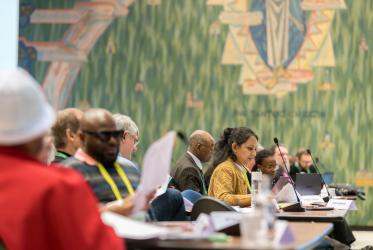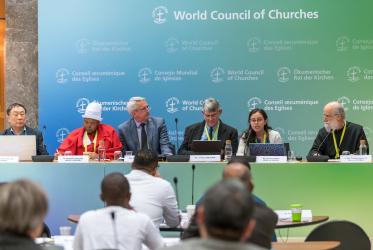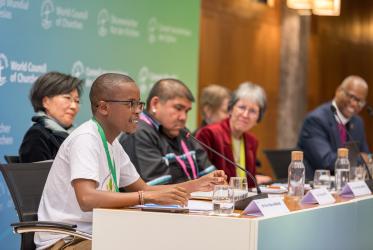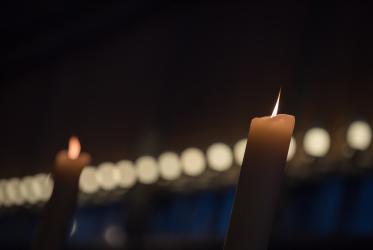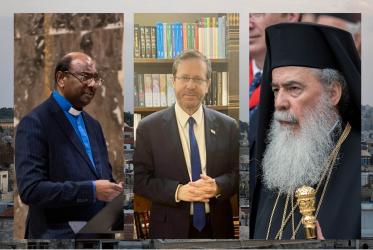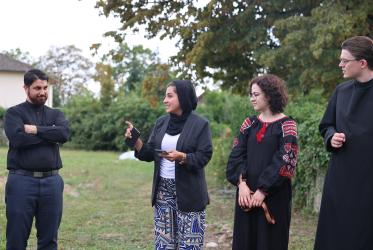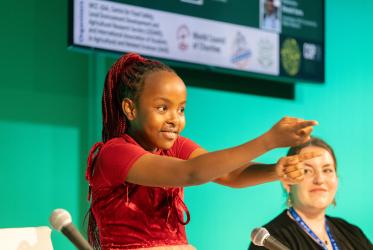Displaying 1 - 20 of 636
03 April 2024
WCC expresses deep concern for human rights in Haiti
28 March 2024
WCC submits comments on draft UN “Pact for the Future”
12 February 2024
WCC to share key insights at World Social Forum
09 February 2024
Applications open for Bossey interfaith summer course
11 January 2024
WCC calls for immediate end to brutal violence in Gaza
30 December 2023





